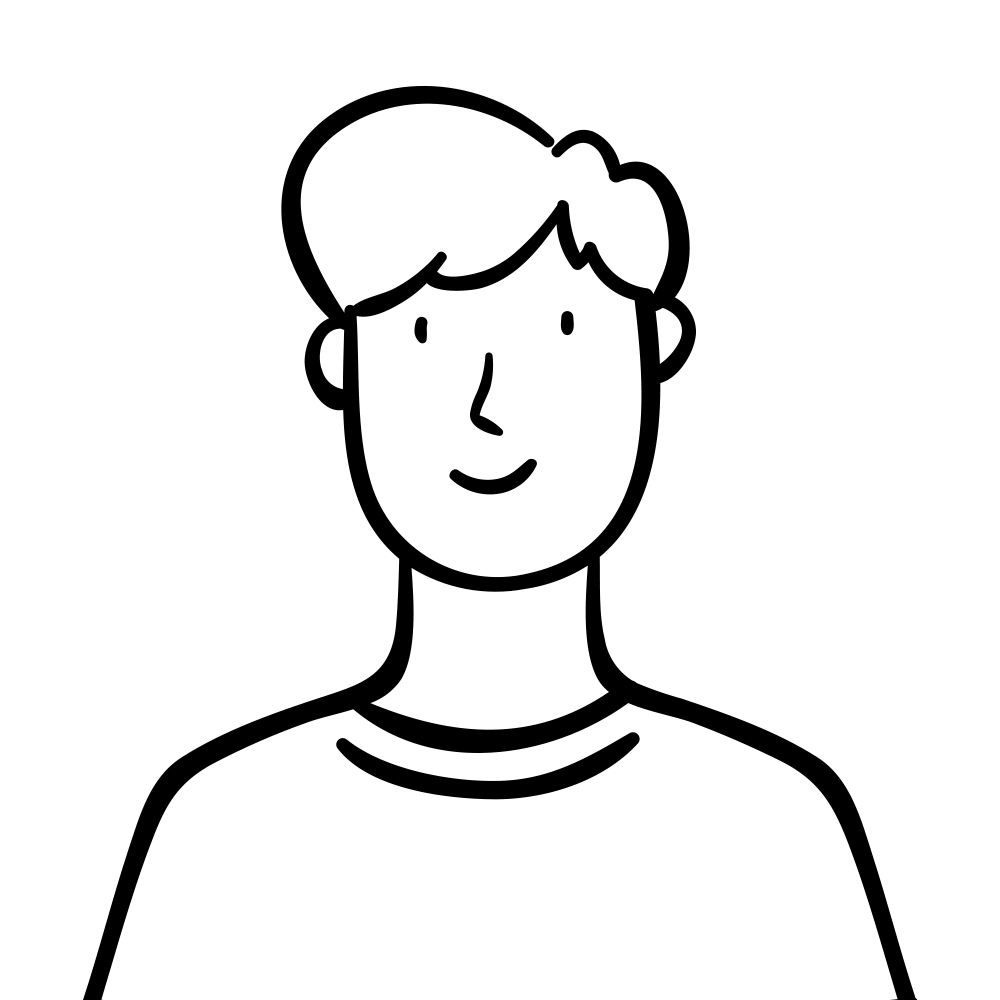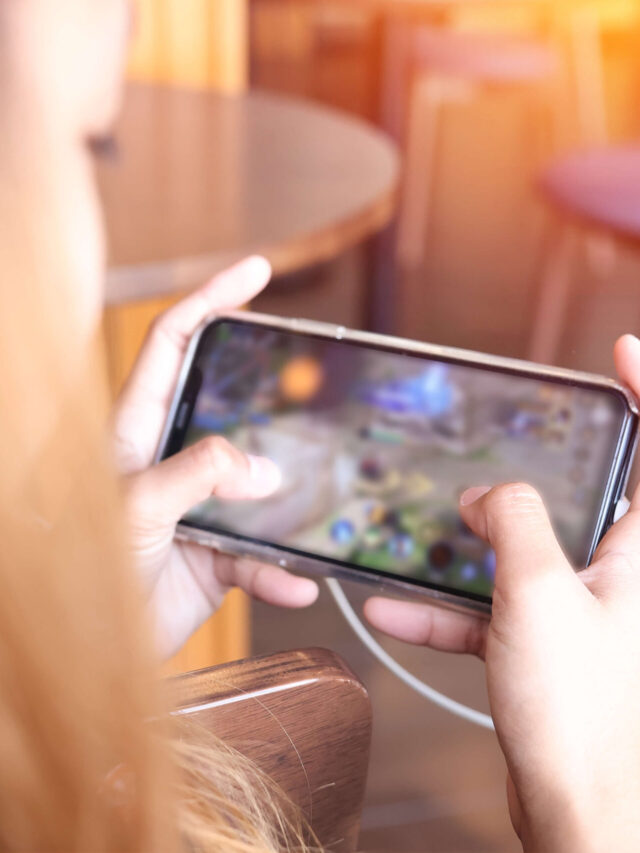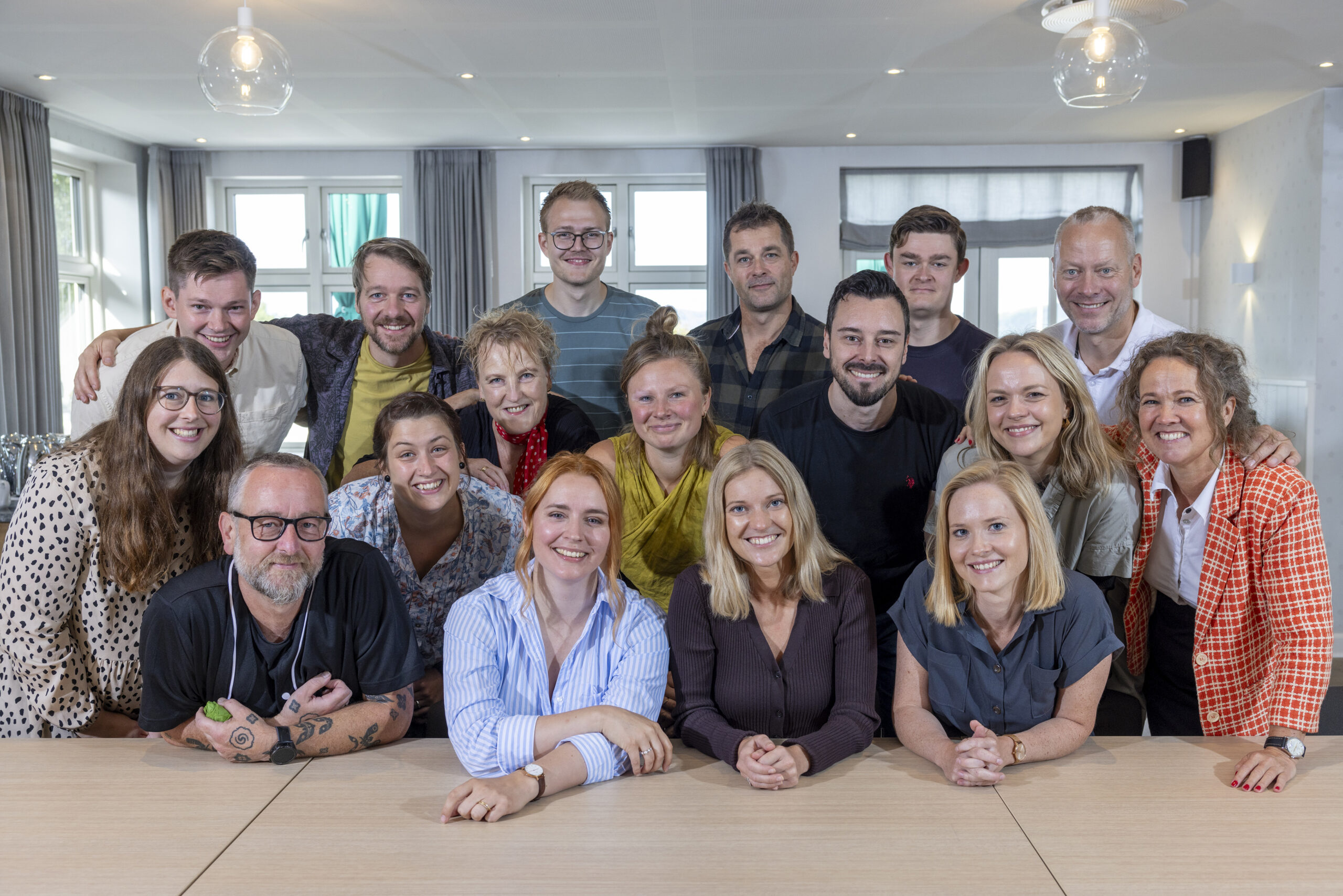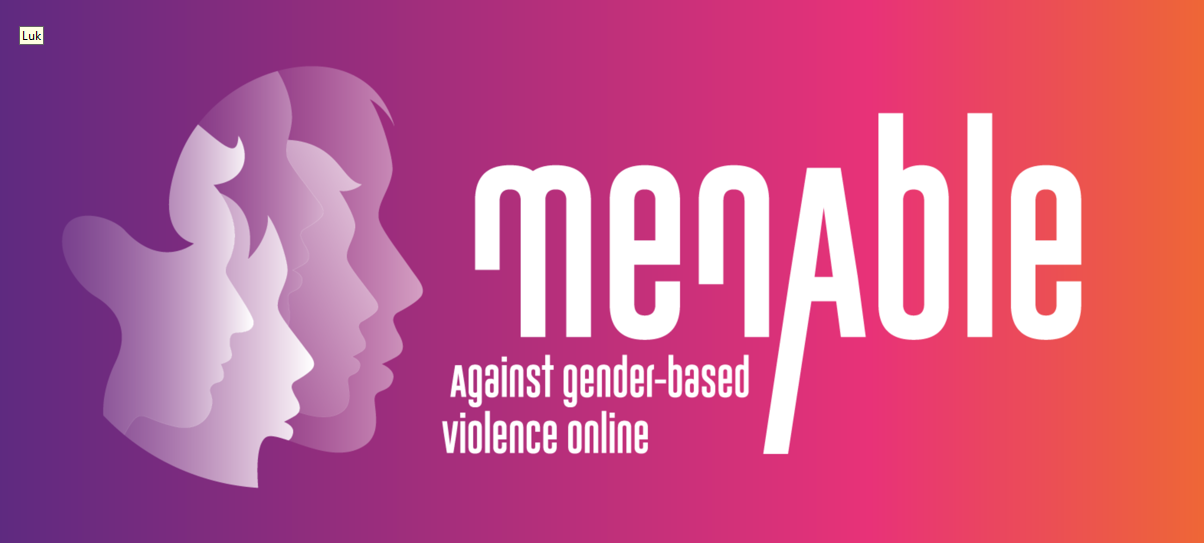Gaming is not (just) for fun!
The accumulative hours spent in front of the screen
If we argue that videogames are not designed to be fun but rather to give a player the sensation of being able, and being something, we quickly shift our understanding of gaming from being indifferent pastime to being something that could meet some basic human needs: We open up to the idea that capability, mastering, ownership, self-worth, co-operation, and several other important aspects of human well-being may exist in the digital spheres of young people. Possibly in light-versions, but if you find yourself in a tumultuous teenage room, it can be extremely enticing to have your needs fulfilled in online-arenas as opposed to the schoolyard – being online, you are in charge of rules, the volume, formats, and connections. This can give some young people a sense of calm and being in touch with the pace, which can be healthy and may help them grow themselves into healthy and happy people. So, it is important that we, as professionals, take the modern computer gamer or nerd seriously, even when the hours accumulating in front of the screen become more than we deem appropriate. Working with the computer-playing generation, obviously the games should not play a heroin-like role which allocates the user in an addictive relationship. As a young person, one can become so accustomed to direct their attention toward the screen in order to meet some of their daily needs, which may start a vicious circle where gaming becomes more than its intended purpose: Incredible entertainment, best enjoyed in the company of peers and new friends. As professionals it is important that we are ready to navigate in the debate still risen by computer games; both whether one may get violent or nonsocial by managing virtual wars, but also whether one languishes as a human being from spending time in front of the screen.
Dragons and Digital Education
Computer games become increasingly more predominant in young people’s lives – boys as well as girls – and for better or worse. Players are able to kill dragons, save the world, and free a village every night – often with their friends. Players are also at risk of cooping up behind myriads of new, wild universes they can log into. As adults, it is important that we continue to look beyond a certain age rating sticker on a given game and, instead, allow importance for digital education in the world of gaming, as well. When you turn on your computer, you do not cease to be human – even though you interact digitally with others, it is still yourself who is in play. As professionals, it is therefore important that we are able to decipher the jargon of players and are bold enough to accompany them into their gaming worlds. – Sometimes, those are the places where they need us the most. These are some of the reasons why Centre for Digital Youth Care is going to offer, among others:
- Presentations on gaming for parents: How much is TOO much? Are violent games harmful? Can you become addicted? Is it social to play?
- Presentations on gaming for young people: How do you balance gaming, school, family, and spare time? Can you get addicted to gaming? What are the warning signals for “addiction”? What games are “good” games? How do you become a good gamer?
- Presentations on eSport: Introduction to the eSports community for professionals as well as an introduction to how you turn computer games into a sport of diet plans, training schedules, and strategy meetings – and how you attract younger teens into a pro-social and academically founded eSporting-environment.
- Combining our presentations on Digital Education, Social Media, and Net ethics with our knowledge of gaming, players, and gaming culture.
]]>




Hvis du vil sætte et par ord på din tilbagemelding, vil det hjælpe os rigtig meget, til at kunne forbedre vores indhold.